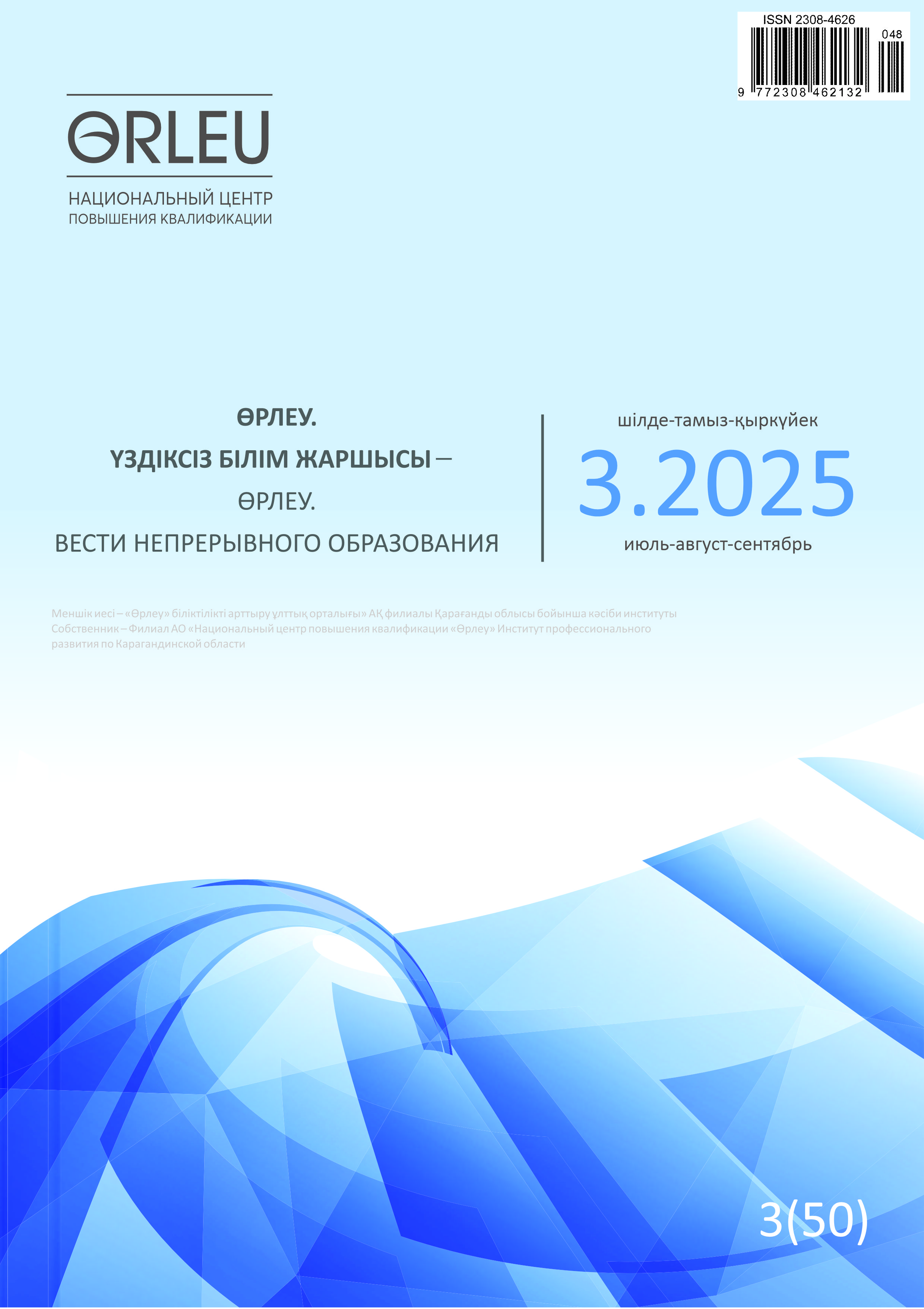Abstract
In the context of the rapid digitalization of the educational environment, the development and implementation of innovative approaches to teaching English in primary school has acquired particular importance. The article examines the effectiveness of gamification in teaching young learners in a digital educational setting. The aim of the study is to provide a theoretical justification and empirical verification of the didactic effectiveness of a gamified approach. The research employed methods of theoretical analysis, pedagogical modeling, formative pedagogical experiment, surveys, observation, testing, expert evaluation, and mathematical-statistical data processing. The experiment was conducted at Secondary School No. 109 in Almaty, involved 92 second- and third-grade students, and lasted 8 weeks. The results showed a statistically significant increase in academic performance in the experimental group (from 59.1% to 81.7%) compared to the control group (from 58.2% to 66.4%). Growth was also observed in learning motivation (from 3.1 to 4.3 on a Likert scale), speech activity, vocabulary expansion, and grammatical accuracy. The theoretical interpretation is based on the Self-Determination Theory developed by E. Deci and R. Ryan, Zimmerman’s Self-Regulated Learning Theory, and Bloom’s Mastery Learning model. The findings confirm the effectiveness of digital gamification as a tool for developing functional literacy. The article also provides practical recommendations for integrating game-based platforms (Wordwall, Kahoot, Quizizz, Flippity) into the learning process. It concludes that gamification is a highly effective and methodologically sound approach for primary English education in Kazakhstan.


